In a surprising turn of events, Nikon has managed to outsell both Canon and Sony in Japan’s mirrorless camera market, and the key to this victory is not an ultra-high-end flagship model—but a humble, budget-friendly, full-frame camera: the Nikon Z5II. This development marks a pivotal moment not just for Nikon, but for the entire camera industry, proving that sometimes the right product at the right price can outperform even the most spec-packed monsters.
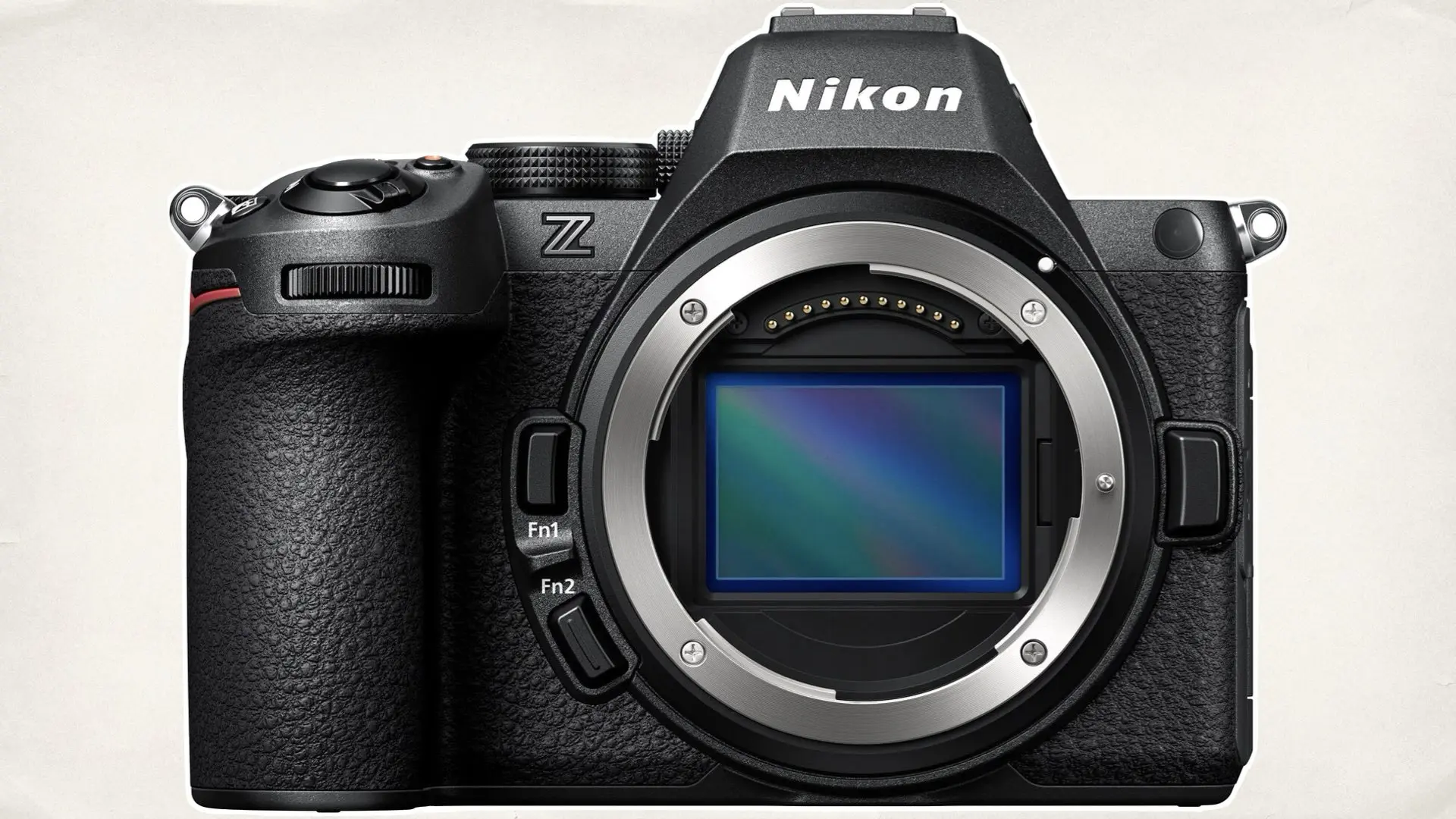
Introduciton
According to the BCN Retail report (May 2025), Nikon has taken the lead in the Japanese mirrorless camera market share, surpassing Canon and Sony—a feat that would have been unimaginable just a few years ago. The reason? The Z5II, Nikon’s updated entry-level full-frame camera, has hit a sweet spot among consumers who are increasingly prioritizing value, usability, and capability over raw technical specs.
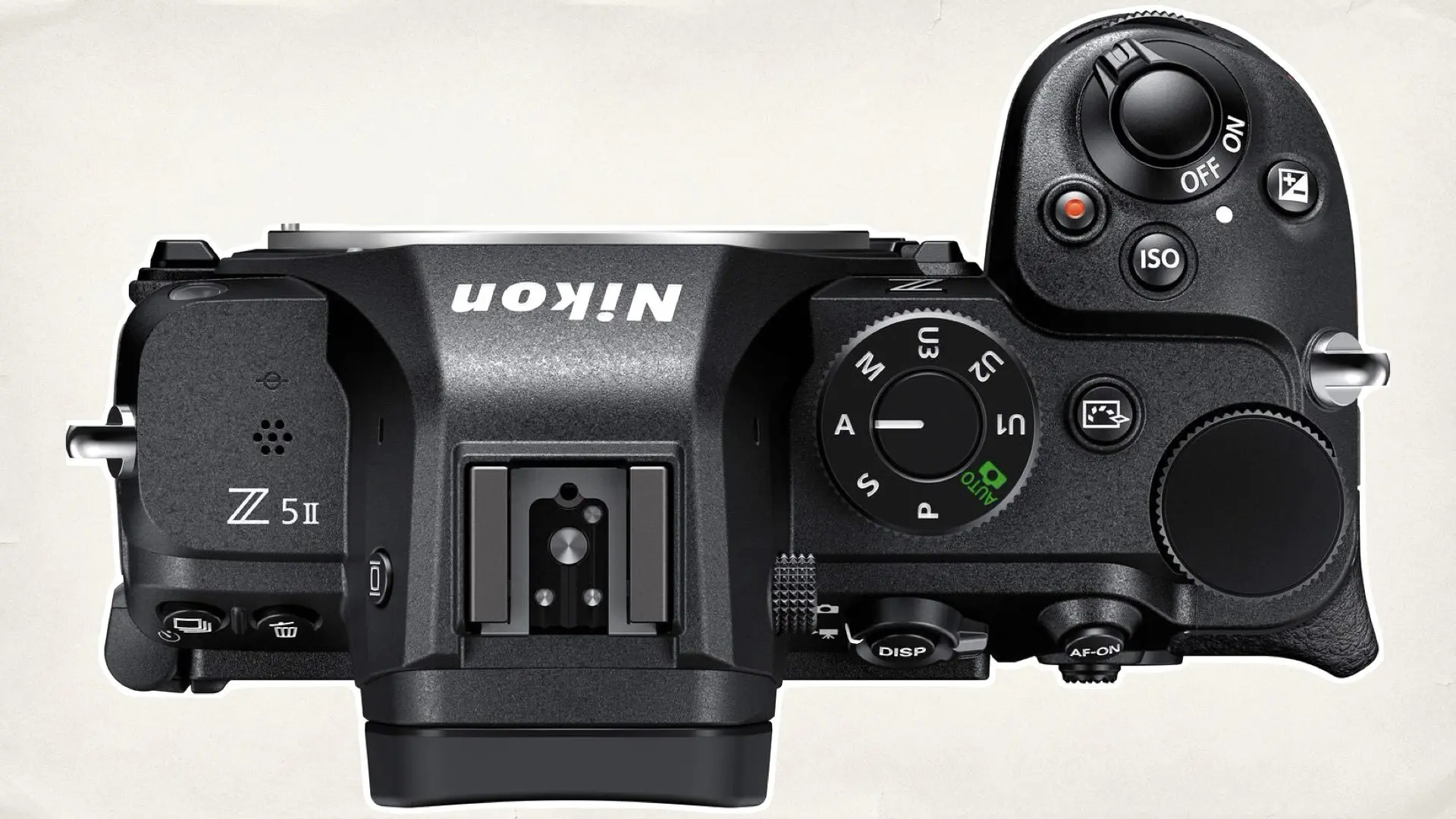
Buy the Nikon Z5II on Amazon | B&H | Adorama
The Rise of the Z5II: A Budget Camera with Strategic Impact
Launched in April 2025, the Nikon Z5II is not a headline-stealer in terms of specs. It doesn’t shoot 8K. It doesn’t have the insane burst rate of Nikon’s Z8 or the cinematic pedigree of Canon’s C70. But what it does offer is a finely tuned balance of quality, price, and features that makes it ideal for content creators, filmmakers, and everyday shooters looking for a dependable full-frame camera without breaking the bank. The camera builds on the solid foundation of the original Z5 and adds performance enhancements that matter: improved autofocus, better video capabilities (including 4K 60p), dual card slots, and a slightly faster processor. Importantly, it comes in at a competitive price point—$999 for the body only—making it one of the most affordable full-frame mirrorless cameras on the market. As reported by Y.M.Cinema, the Z5II is aimed squarely at the aspiring filmmaker and hybrid shooter. It’s light, reliable, and user-friendly, with a quality that far exceeds what its price tag might suggest. And now, it’s clear that Nikon’s bet on the Z5II has paid off handsomely.
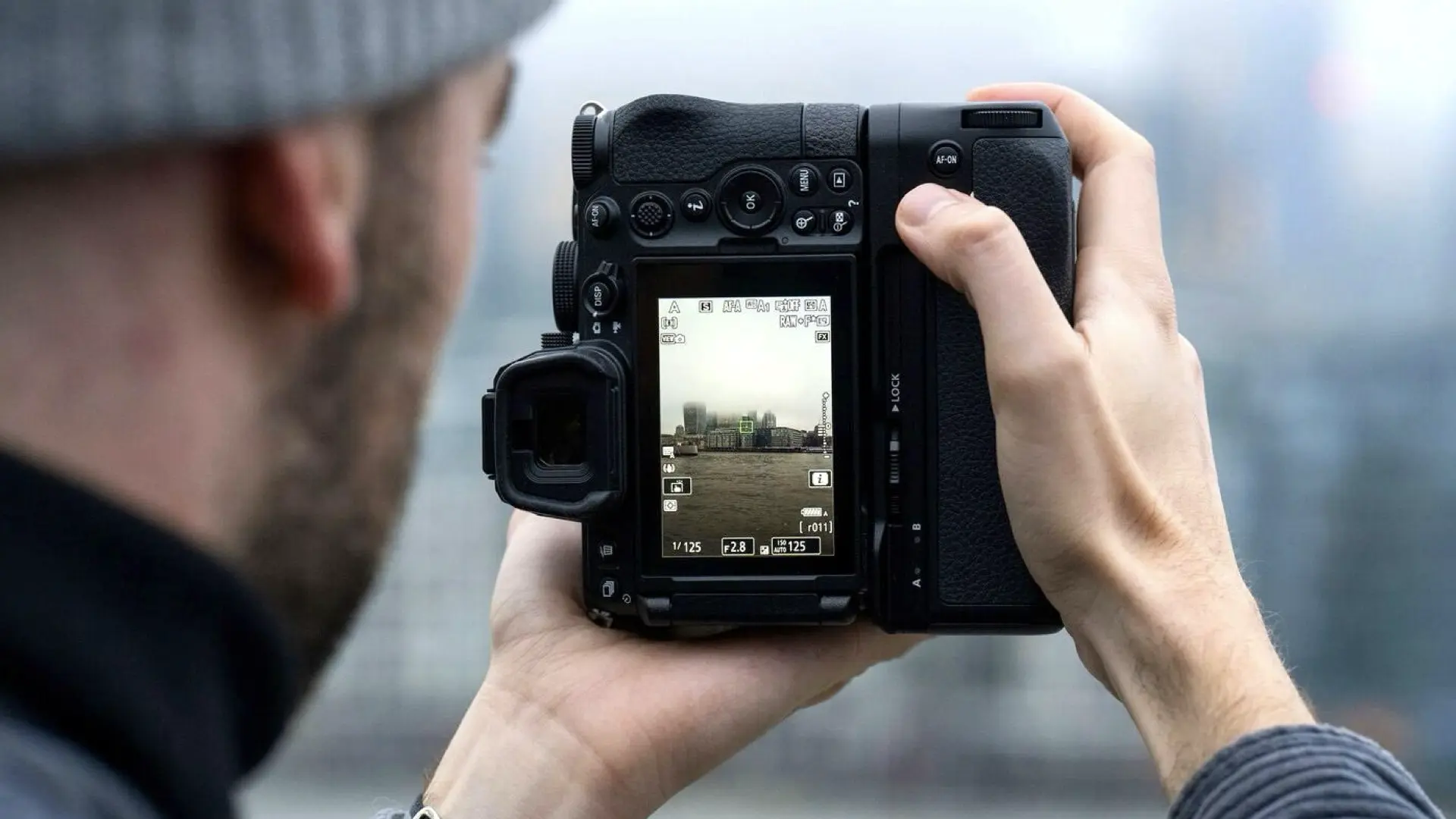
One Winning Horse is All It Takes
This development sends a powerful message to the entire camera industry: you don’t need a stable full of thoroughbreds—just one winning horse. Camera companies have been chasing high-end dominance for years, flooding the market with spec-heavy behemoths that wow on paper but often alienate everyday consumers. Sony’s Alpha 1, Canon’s R5C, and Nikon’s own Z9 are engineering marvels—but they’re not what most people actually buy. They cater to professionals and brand loyalists, not the average content creator or hobbyist filmmaker. The Z5II proves that there’s a massive market for something else entirely: affordable, capable, and user-friendly cameras that democratize full-frame photography and video. Nikon’s strategy didn’t involve trying to outdo Sony in computational autofocus or beat Canon in color science. Instead, they focused on what real people want—a trustworthy, accessible tool that delivers excellent results without complication or debt.
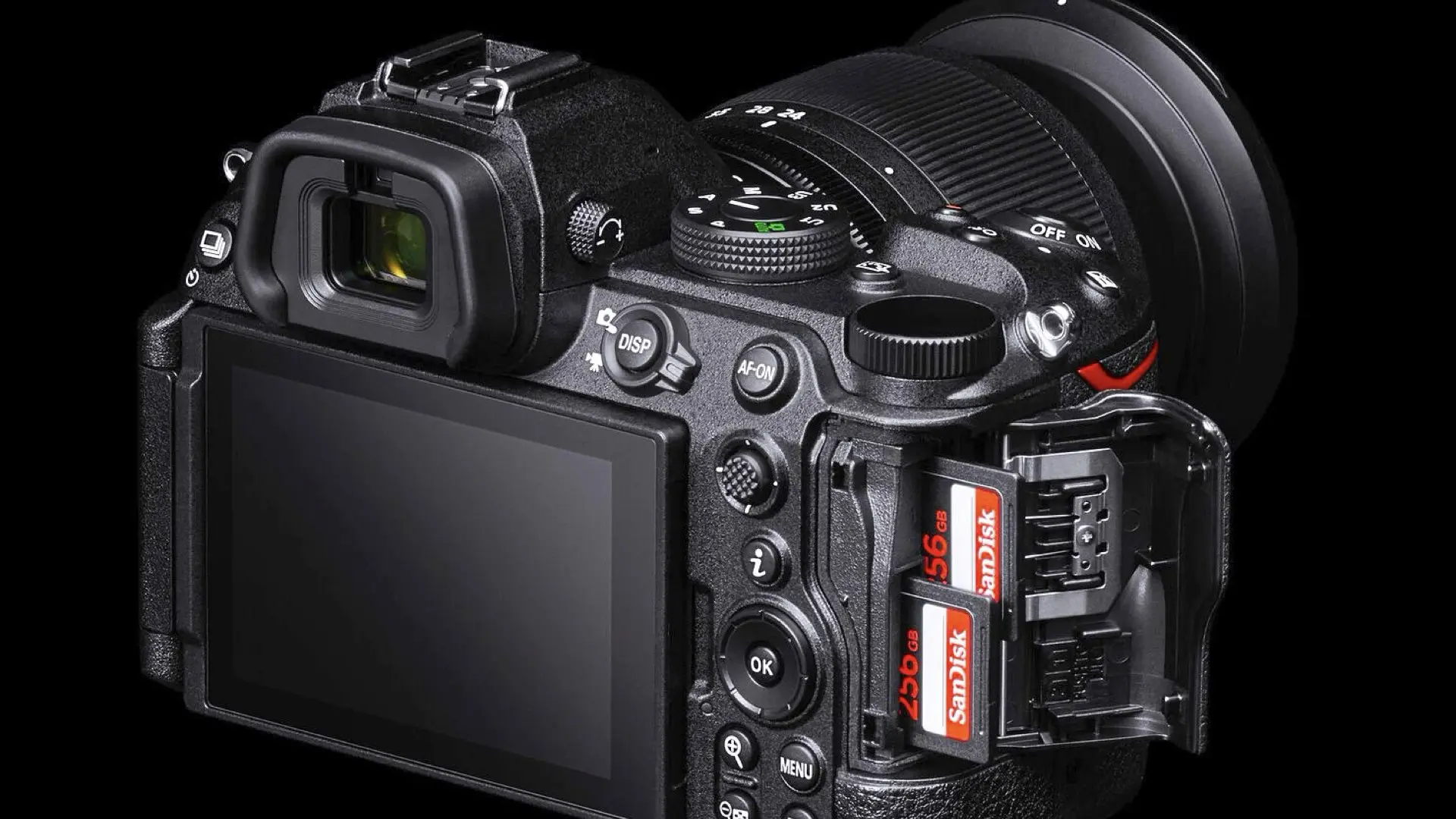
What This Means for Canon, Sony, and the Industry at Large
Sony has long dominated mirrorless innovation, leading the charge with advanced sensors, AI autofocus, and cutting-edge codecs. Canon, too, has carved a space with its hybrid cinema cameras and color science beloved by filmmakers. But both companies have increasingly aimed upward, targeting professionals and pricing many products out of reach for the broader public. Nikon, on the other hand, is listening to the market. In an era where creators are everywhere—on YouTube, TikTok, Instagram, and indie film sets—the need for accessible full-frame tools is bigger than ever. By focusing on this space, Nikon has not only carved out a lucrative niche but also reminded the industry that success isn’t always about being the biggest or the boldest. It’s about being the most useful. This shift may prompt Canon and Sony to rethink their entry-level and mid-tier strategies. The Canon R8 and Sony ZV-E1 are attempts at reaching these users, but Nikon’s aggressive pricing and feature-value balance with the Z5II sets a new standard. It’s no longer enough to offer a “stripped-down” version of a flagship; brands must now build from the ground up with intention, usability, and affordability in mind.
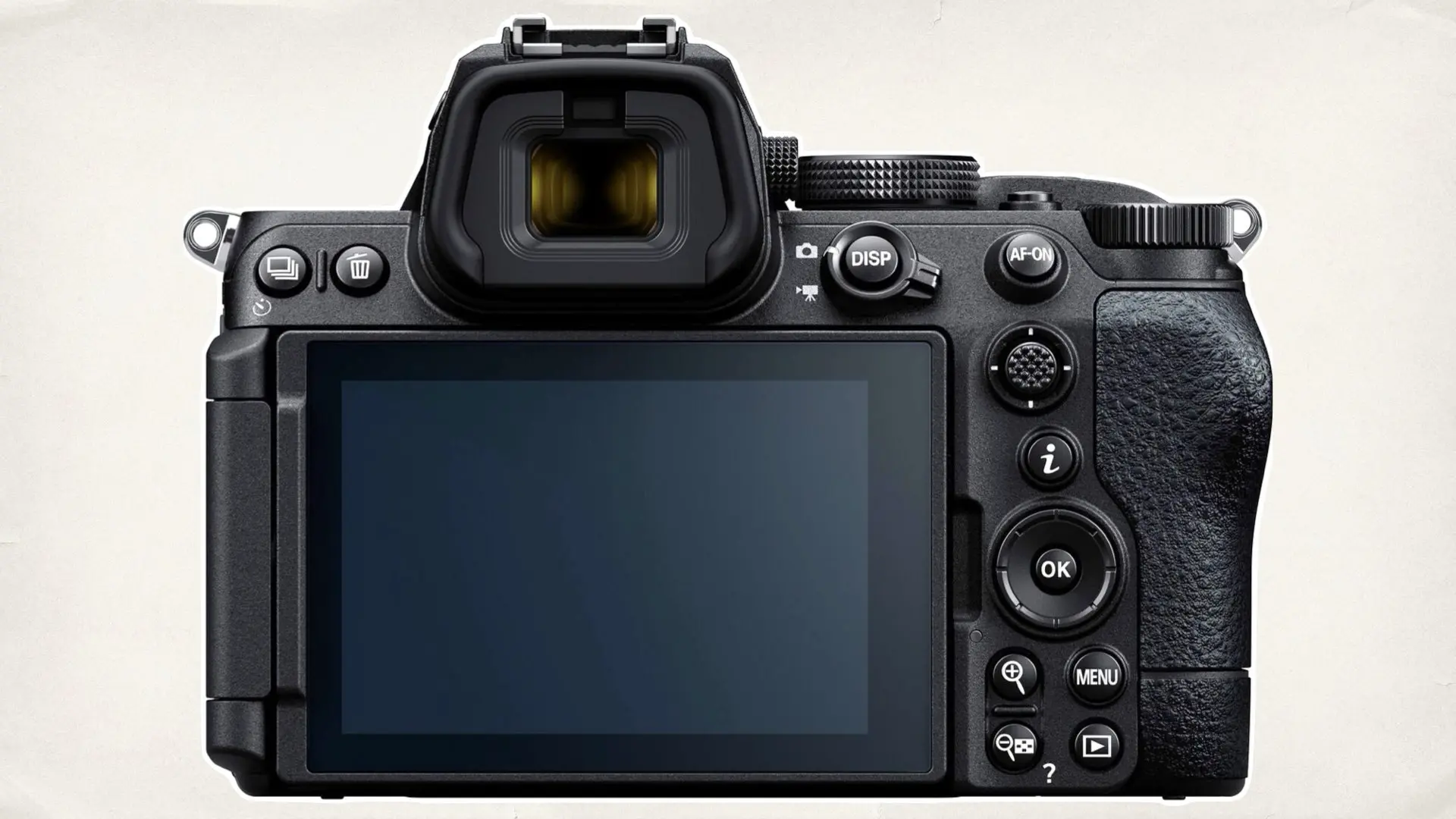
Buy the Nikon Z5II on Amazon | B&H | Adorama
The Bigger Picture: Is the Z5II the People’s Camera?
In many ways, yes. The Z5II is a symbol of a changing industry—one that is no longer dictated solely by professionals and pixel-peepers, but by the creative masses looking for tools that work seamlessly with their workflows and budgets. It captures a generational shift in how people create and what they value in their gear. It’s also a lesson in humility and focus. Nikon, once considered outpaced by Sony and Canon, didn’t try to beat them at their own game. Instead, they asked a fundamental question: What do creators really need? The answer wasn’t a flagship. It was something practical, smart, and affordable.

Final Thoughts: Nikon’s Comeback Is Real—and It’s Just Getting Started
The success of the Z5II may mark the beginning of a new era for Nikon. It’s proof that with the right camera—one that truly speaks to the needs of modern creators—a company can redefine its position in a fiercely competitive market. Consumers no longer care about who has the most megapixels or the most expensive specs. They care about what works, what fits in their bag, and what lets them tell their story. And in that story, the Nikon Z5II is not just a chapter—it’s a turning point.

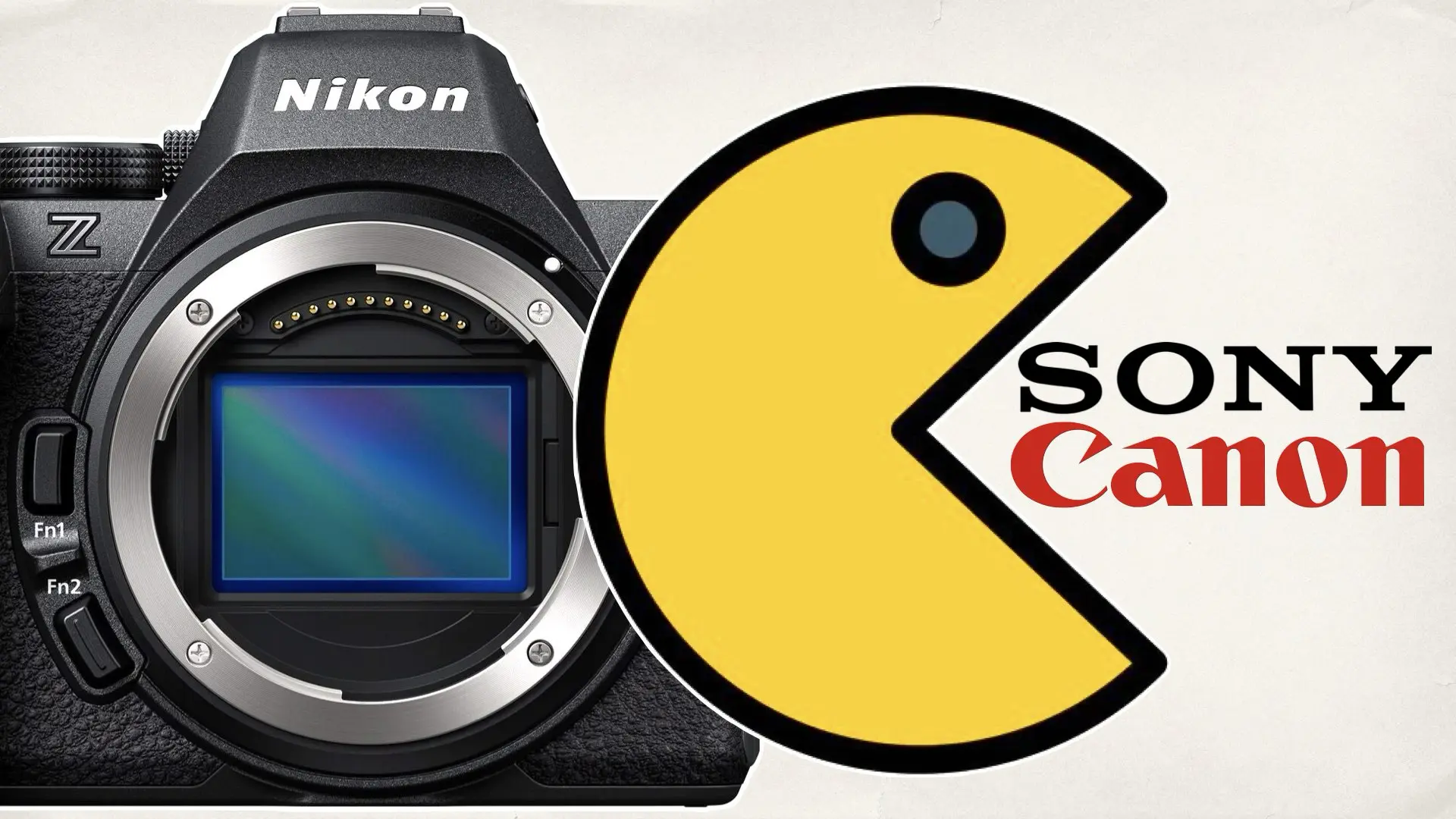
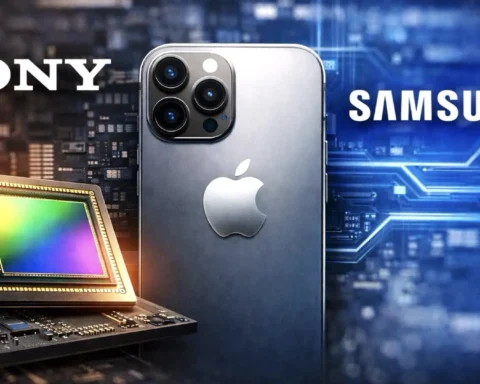
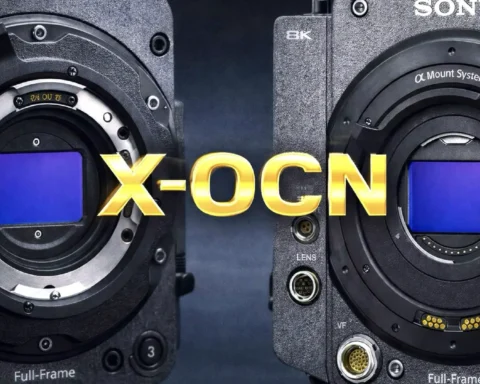
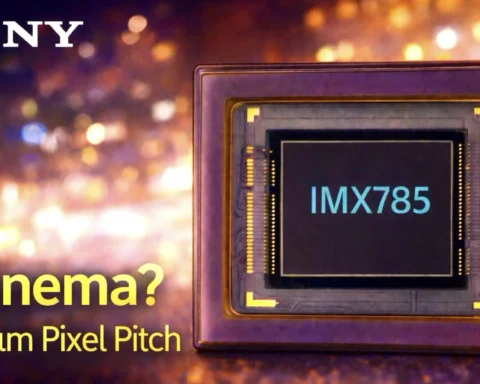
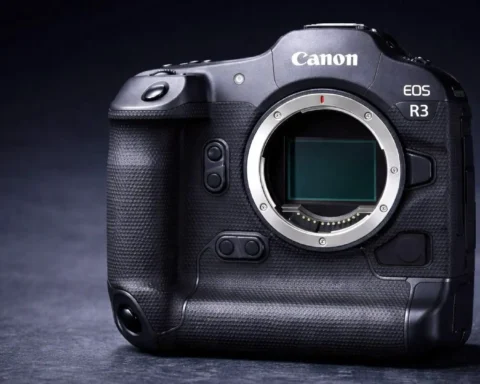
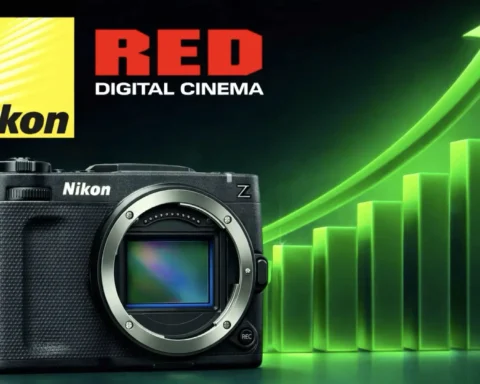
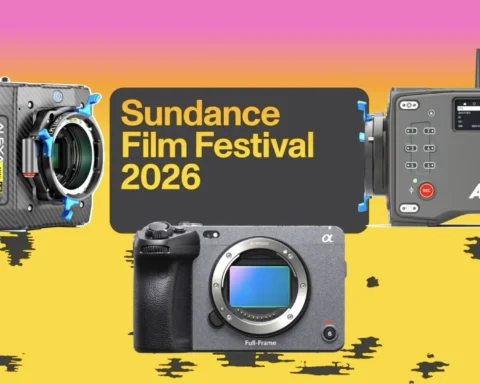

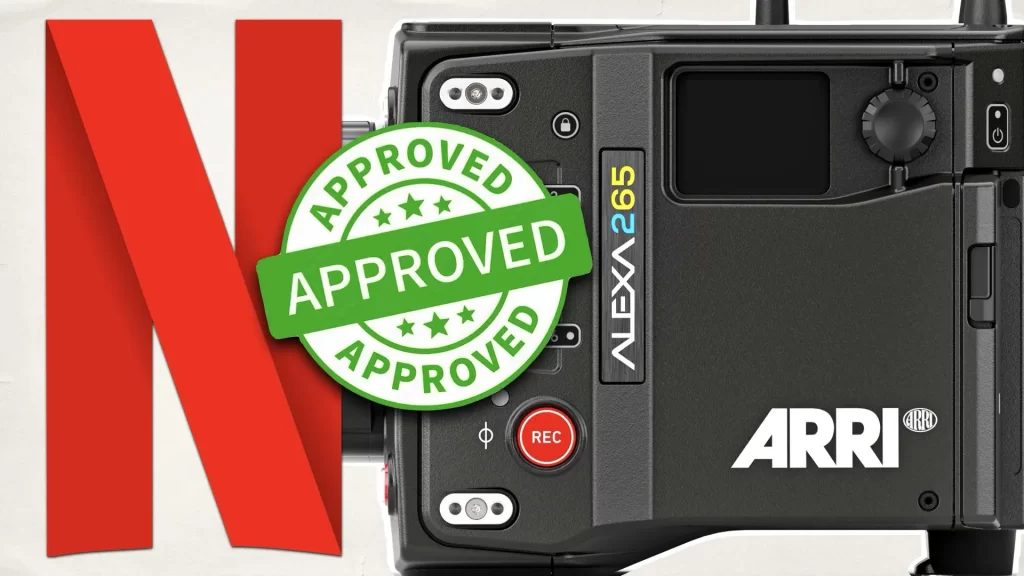
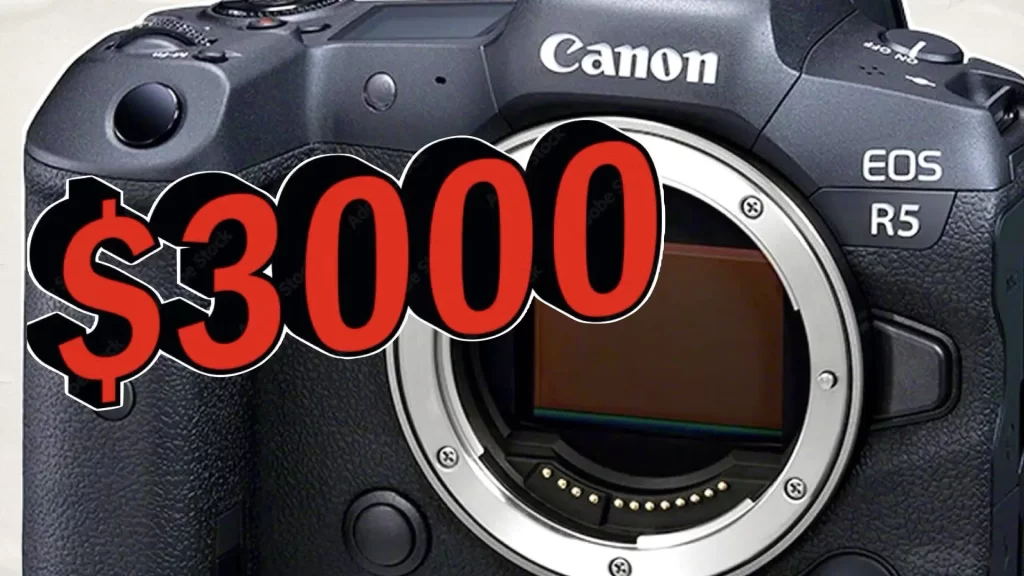

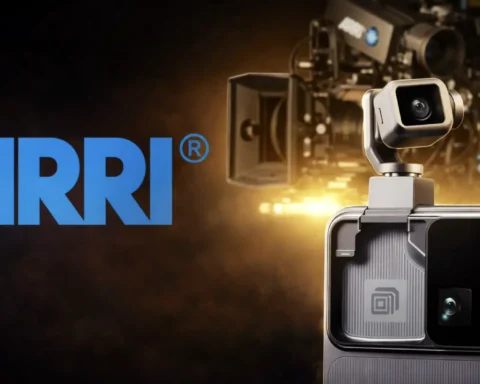
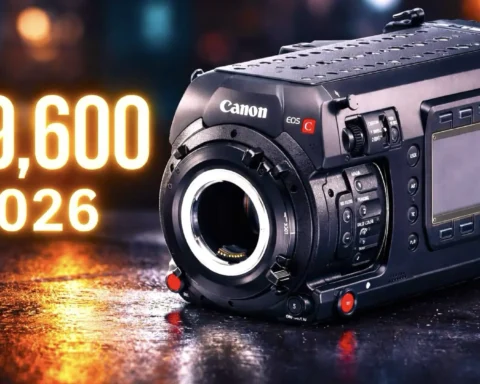
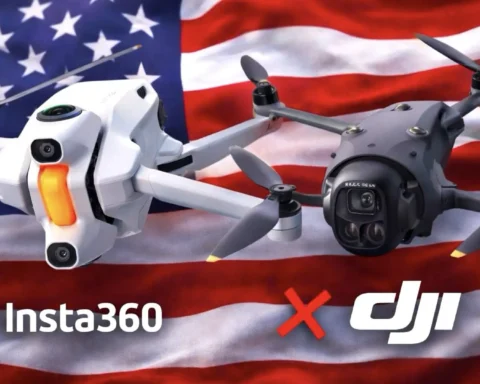

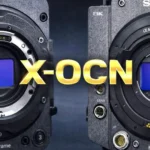
Hello YM Cinema you will not talk about the financial statements of Nikon and its new approach strengthened in Video?
We focus mainly on writing and analysis related to cameras, filmmaking gear, and cinema technology rather than financial or corporate reporting. For detailed financial statements and corporate strategies, official company reports and financial news sources would be the best place to check. We’re always happy to cover how new cameras impact creators and the industry though!
YM Cinema, you provided incorrect proce of Z5ii – “$999 for the body only”. It retails for around $1.7K for body. At this price point, it’s hardly a budget camera.
You’re right! However, a retail price of around $1,700 is still considered very affordable for a full-frame camera with professional features. Compared to flagship models that often cost $3,000 or more, the Z5II offers a great balance of capability and price, making it a strong contender for creators seeking value without sacrificing quality.